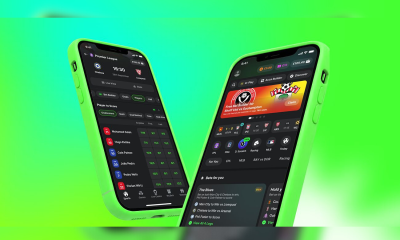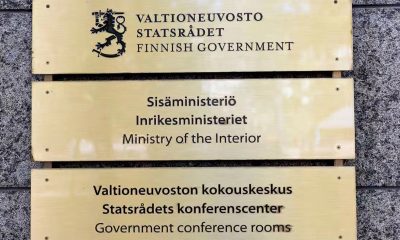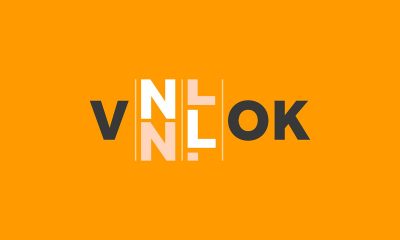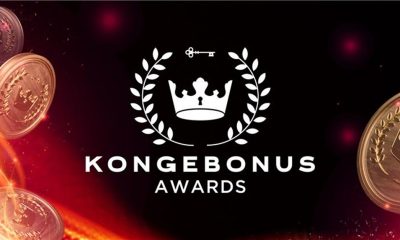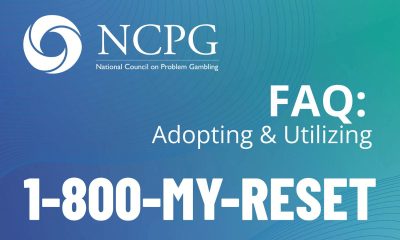Compliance Updates
Entrust and PlaySafe ID Partner to Bring Verified, Privacy-First Digital Identity to Gaming
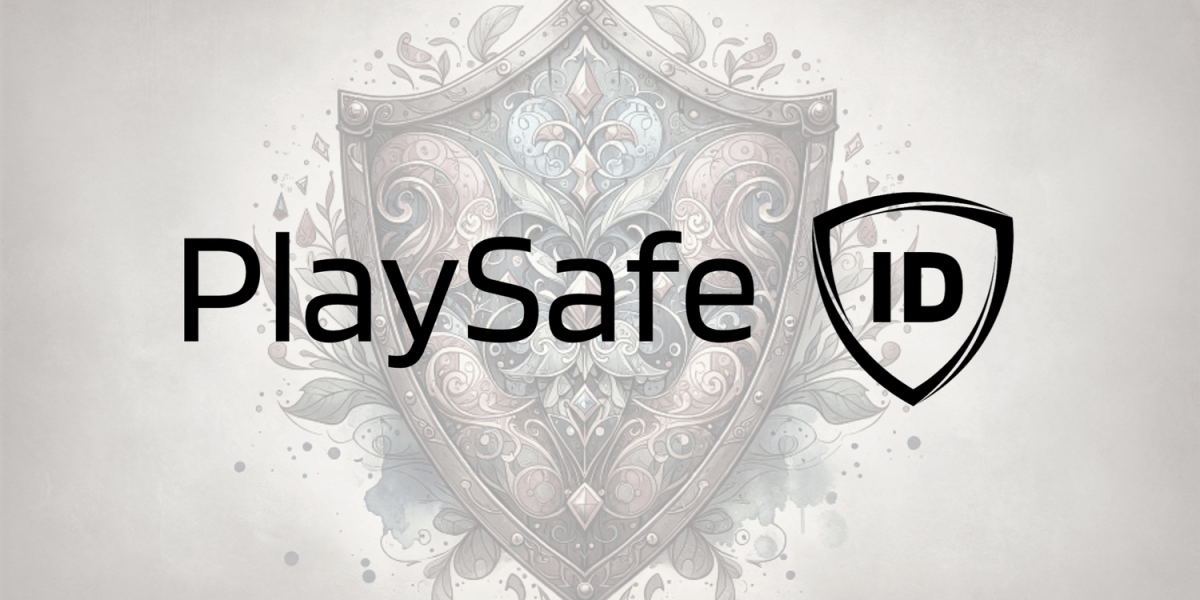
-
Entrust and PlaySafe ID announce a new partnership to enhance online gaming safety.
-
Integration of Entrust Identity Verification solution provides seamless and secure Know Your Customer check.
-
Playsafe ID platform aims to combat cheating, bots and harmful behaviour, while supporting compliance with the UK Online Safety Act’s Protection of Children Codes.
Entrust, a global leader in identity-centric security solutions, today announced a partnership with PlaySafe ID, the platform that keeps cheaters, bots, and predators out of games. The partnership will power Playsafe ID’s secure onboarding and verification process using Entrust Identity Verification to enable seamless and secure onboarding experience for gamers worldwide.
Built with a privacy-first mindset, Playsafe ID issues a verified, game-agnostic digital ID that confirms the human identity behind the account promoting accountability and improved protection for users, while still allowing them to remain anonymised. The platform aims to address wider issues that erode trust and enjoyment in online gaming communities, such as cheating, hacking, bot activity, and inappropriate behaviour, while ensuring compliance with evolving regulations such as the UK’s Online Safety Act.
How It Works
Users create a Playsafe ID account and complete a quick and secure identity verification process powered by Entrust. Users simply take a photo of their government-issued ID and a short video selfie. Entrust identity verification first checks that the ID is genuine and not fraudulent and then matches it to the user’s face in the selfie video. This ensures the person presenting the identity is its legitimate owner and is physically present, mitigating identity fraud attempts such as stolen ID or deepfakes.
Once verified, users receive a unique, random, and anonymised PlaySafe ID, granting access to PlaySafe-protected gaming and matchmaking with other verified gamers. The verification data is kept separate from the Playsafe ID, ensuring gamers remain anonymised during gameplay while knowing they are engaging with other legitimate, verified players.
“Gaming should be fun, fair, and safe for everyone,” said Andrew Wailes, CEO of PlaySafe ID. “Our partnership with Entrust ensures that our user verification process is both secure and scalable, and also aligns with the values of frictionless user experience and privacy. Their technology will be instrumental in helping us build a future where fair play is the standard, and cheating, fraud and harmful behaviour are no longer tolerated.”
Regulation in Gaming
This partnership will enable game providers and developers to prepare for the inbound Protection of Children Codes, coming into force in July 2025 as part of the Online Safety Act, which mandates that services accessed by children must manage risks and protect children from encountering harmful content.
“We’re proud to join PlaySafe ID in their mission to make online gaming a safer place,” said Samuel Steg, Head of Compliance for Identity Verification at Entrust. “Fraudulent activity online continues to grow both in scope and sophistication, and gaming environments are no exception. Our identity verification technology provides robust, high-assurance Know Your Customer (KYC) checks, offering gamers a seamless and secure onboarding experience. This partnership reflects our shared commitment to building a safer digital future and promoting trust, fairness, and safety within digital spaces.”
PlaySafe ID is currently in integration discussions with several major gaming platforms, with the first partnerships expected to launch later this year.
The post Entrust and PlaySafe ID Partner to Bring Verified, Privacy-First Digital Identity to Gaming appeared first on European Gaming Industry News.
Central Europe
Poland to Classify Gambling Streaming as Serious Crime

The Polish Parliament is considering a landmark draft law to curb harmful digital content, specifically targeting the phenomenon known as “patostreaming.”
Patostreaming is recognised as a new term to categorise criminal offences related to the broadcasting of online violence, abuse and sexually degrading content.
The proposed legislation would criminalize the broadcasting of violence, abuse, and sexually degrading material. Additionally, the bill seeks to outlaw the promotion of online gambling by social media influencers. By amending the Penal Code, supporters aim to bridge the legal gap between digital behaviour and offline criminal acts, ensuring online offenders face the same accountability as those in the physical world.
The bill carries the backing of ministers of Poland’s new Civic Coalition (KO) government, formed in late 2025 by the union of the Citizens Platform (PO), Modern (Nowoczesna) and the Polish Initiative (iPL).
Supporters call for clearer enforcement powers to treat the online broadcasting of serious criminal acts as a punishable offence, aligning digital conduct with crimes already sanctioned offline.
If adopted, the legislation would introduce prison sentences ranging from three months to five years for individuals who publicly share real or staged content depicting serious criminal acts via online platforms.
The same penalty range would also apply to influencers found to be illegally promoting online gambling activity that remains heavily restricted under Poland’s state-controlled gambling regime.
KO ministers have framed the initiative as part of a broader effort to strengthen online protections for Polish youth, citing rising exposure to violent digital content and illegal gambling promotions across social media platforms.
The post Poland to Classify Gambling Streaming as Serious Crime appeared first on Eastern European Gaming | Global iGaming & Tech Intelligence Hub.
Compliance Updates
St8 Secures Sweden B2B Licence, Adding Another Regulated Market
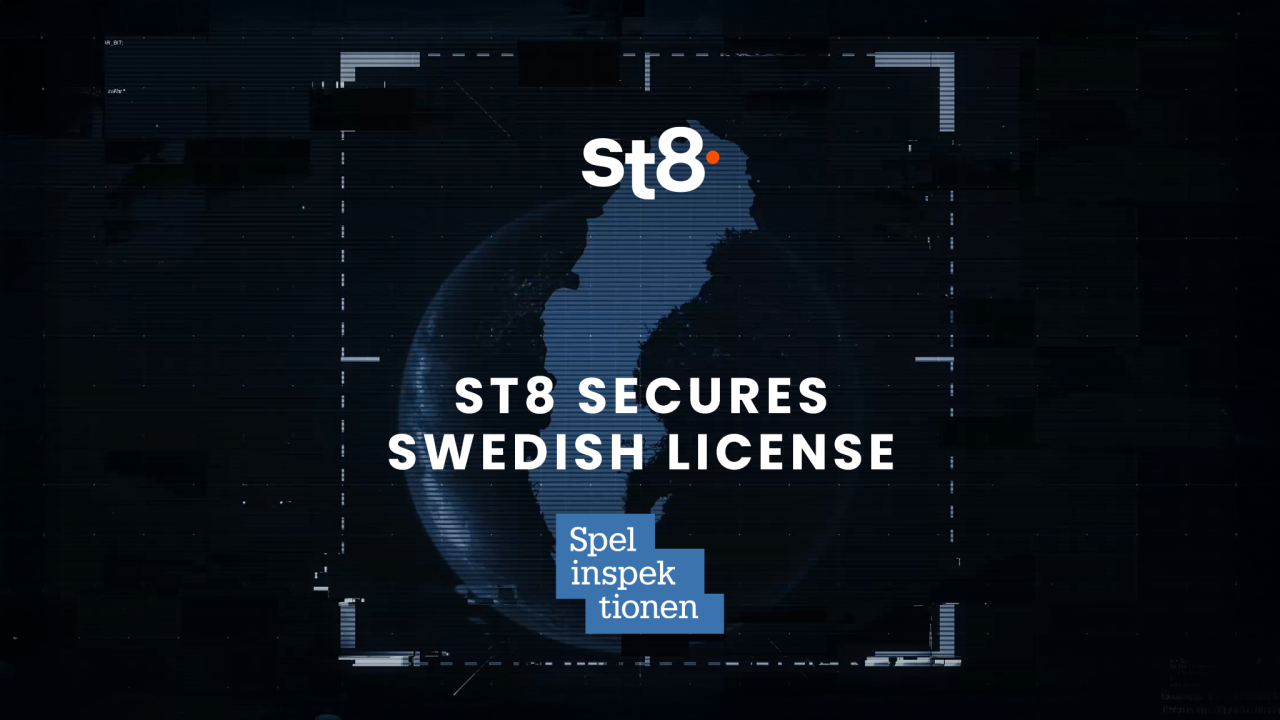
Casino games aggregator St8 is poised to expand into another significant regulated market following the receipt of a B2B supplier license from Sweden’s Gambling Authority, Spelinspektionen.
This indicates that St8 can now offer its aggregator technology to operators licensed in Sweden for the first time.
These operators obtain access to an advanced platform renowned for achieving seamless integrations within days through a single API.
Vladimir Negine, founder and CEO at St8, said: “Being awarded a B2B licence by Spelinspektionen underlines the strength of St8’s technology and compliance-first approach. Sweden is one of Europe’s most respected regulated iGaming markets, and we are excited to now be able to support licensed operators there with our next-generation aggregation platform.
“Our focus remains firmly on expanding in regulated jurisdictions, and adding Sweden further strengthens St8’s position as a trusted supplier to operators in leading global markets.”
Spelinspektionen is recognized for upholding some of the strictest player protection standards in iGaming,
St8 has quickly grown into several prominent regulated markets in recent months. In October, it received a supplier license in Ontario, and in July it obtained a B2B license in the United Kingdom.
The post St8 Secures Sweden B2B Licence, Adding Another Regulated Market appeared first on Eastern European Gaming | Global iGaming & Tech Intelligence Hub.
ACMA
ACMA: Six Wagering Providers Breach Gambling Self-Exclusion Rules
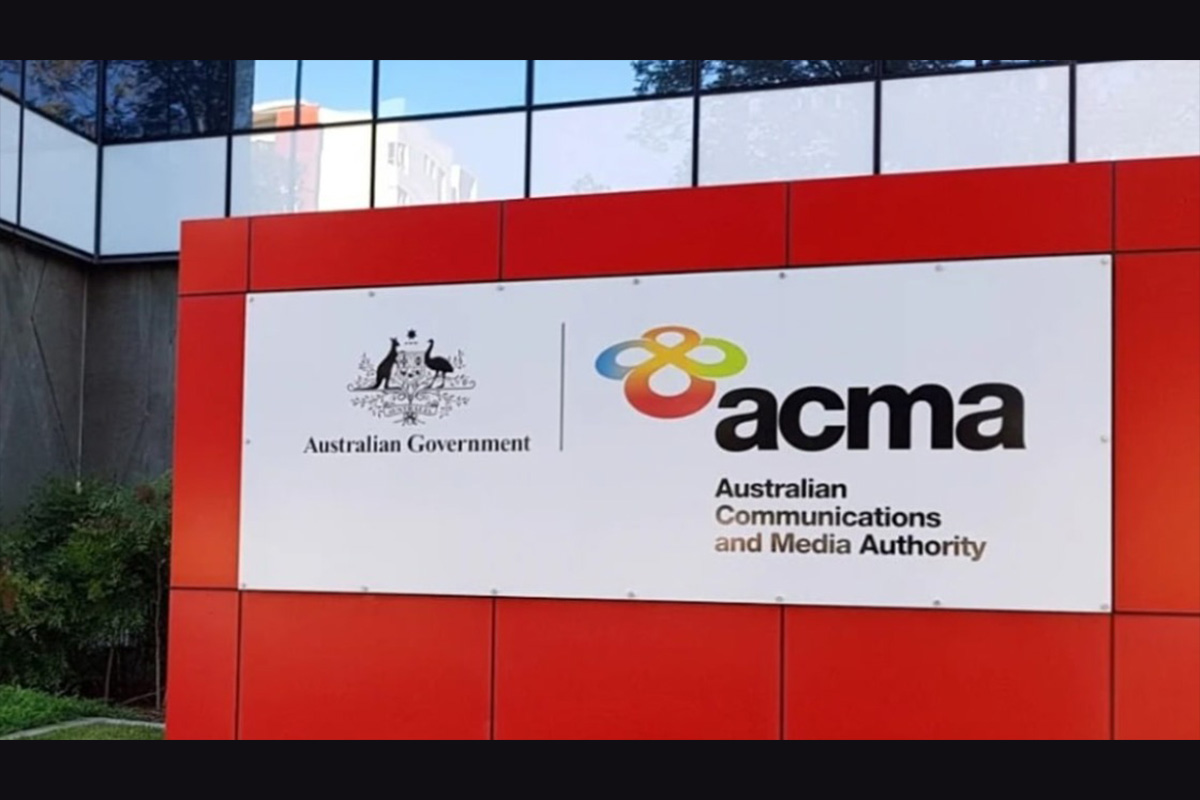
The Australian Communications and Media Authority (ACMA) has concluded six more investigations into licensed wagering providers for breaches of self-exclusion rules.
The ACMA investigations found Tabcorp, LightningBet, Betfocus, TempleBet, Picklebet and BetChamps all failed to comply with rules that protect people who registered with BetStop – the National Self-Exclusion Register.
The facts of each investigation are different but the breaches across the investigations included allowing registered individuals to open wagering accounts and to access wagering services, or marketing to registered individuals.
ACMA member Carolyn Lidgerwood said these breaches undermine the protections from gambling harm that self-exclusion offers.
“The national self-exclusion register is designed to help people who are trying to avoid gambling services and stop gambling, but self-exclusion only works if wagering providers follow the rules,” Ms Lidgerwood said.
“These rules have been in place for more than two years and wagering providers should be taking their responsibilities seriously.
“When people decide to self-exclude from online and telephone gambling, they trust the system to protect them from gambling harm. These investigations have found that these companies broke that trust and let people down.
“All licensed wagering providers need to be aware that the ACMA is investigating compliance and enforcing the rules. Gambling companies must have effective systems in place to ensure self-excluded people cannot gamble with them.”
The investigations identified that the providers did not ensure that their underlying systems and processes were operating as intended and failed to adequately identify and protect people who had self-excluded.
In response to these findings, the ACMA has used a range of different enforcement tools available under the Interactive Gambling Act 2001, having regard to the different facts arising under each investigation.
The ACMA has issued remedial directions to each of Betfocus, LightningBet and TempleBet. Under these remedial directions each of the providers will be required by law to commission an independent audit of their systems and implement any resulting recommendations.
This type of enforcement action is corrective and directed at future compliance with the rules. Failure to comply with a remedial direction is an offence and can result in civil penalties.
Tabcorp Holdings paid a penalty of $112,680 and agreed to enter into a court-enforceable undertaking requiring the company to commission a third-party review of its customer verification processes and train staff on their obligations around the Register. If not complied with, such an undertaking can be enforced in the Federal Court, with the Court being able to make such orders as it considers appropriate.
BetChamps was given a formal warning and the ACMA is currently finalising enforcement action for Picklebet.
All contraventions were found to have occurred in 2024. If these companies fail to comply with self-exclusion rules in the future, the ACMA may take stronger enforcement action, potentially including commencement of Federal Court proceedings to seek civil penalties.
The post ACMA: Six Wagering Providers Breach Gambling Self-Exclusion Rules appeared first on Eastern European Gaming | Global iGaming & Tech Intelligence Hub.
-

 Compliance Updates7 days ago
Compliance Updates7 days agoFinland Govt Looks at Whether Scratchcards can be Gifted Again
-

 Claire Osborne Managing Director of Interactive at Inspired Entertainment5 days ago
Claire Osborne Managing Director of Interactive at Inspired Entertainment5 days agoTwo new slots from Inspired — Coin Inferno Step ‘N’ Stack™ and Mummy It Up™
-

 Latest News5 days ago
Latest News5 days agoACR POKER GIVES PLAYERS A SHOT TO QUALIFY ONLINE FOR $700,000 GTD ENJOY POKER SERIES MAIN EVENT THIS FEBRUARY IN URUGUAY
-

 Canada6 days ago
Canada6 days agoHigh Roller Technologies Signs Letter of Intent with Kindbridge Behavioral Health to Support Responsible Gambling in Ontario
-

 Amusnet4 days ago
Amusnet4 days agoWeek 5/2026 slot games releases
-

 Compliance Updates7 days ago
Compliance Updates7 days agoVNLOK Report: Over 95% of Gambling Ads on Meta Platforms are from Illegal Providers
-

 David Nilsen Editor-in-Chief at Kongebonus6 days ago
David Nilsen Editor-in-Chief at Kongebonus6 days agoKongebonus Awards 2025 Winners Announced
-

 Compliance Updates4 days ago
Compliance Updates4 days agoNational Council on Problem Gambling Adopts 1-800-MY-RESET as New National Problem Gambling Helpline Number









